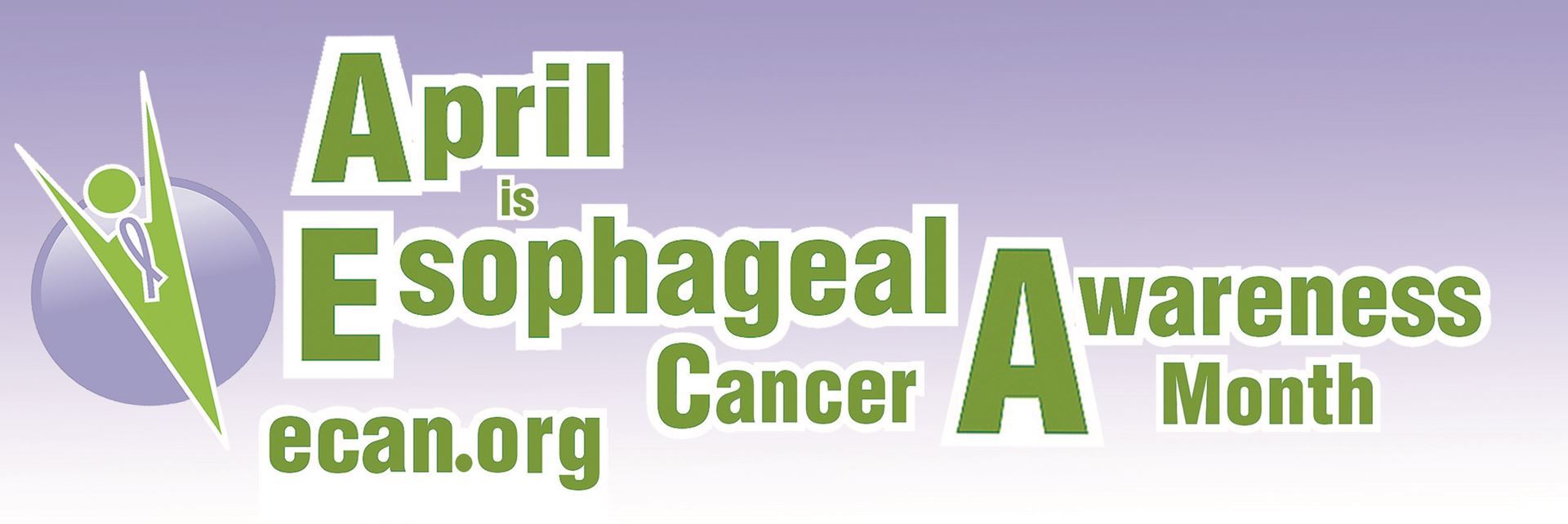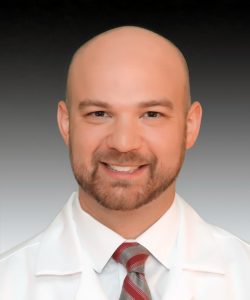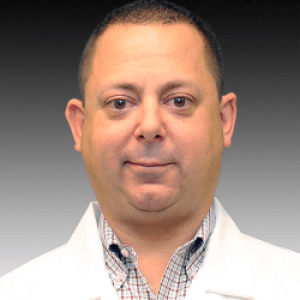Esophageal Cancer Awareness Month
According to the American Cancer Society, esophageal cancer (EAC) makes up approximately 1% of all cancers diagnosed in the United States. EAC is considered an aggressive cancer with an overall five-year survival rate of only 19.9%. As with most cancers, early detection of EAC is critical and the stage at which diagnosis occurs significantly impacts a patient’s chance of survival. Unfortunately, screening for EAC is not as prevalent as it is with other cancers and early stages of progression do not typically present with worsening of symptoms. Therefore, most EAC is not discovered until it has progressed to late stages. Understanding what causes EAC and identifying signs and symptoms that may put you at risk is a crucial part of preventing esophageal cancer.
Many people think of heartburn as a normal or harmless occurrence. In some cases, this may be true, but chronic or severe acid reflux (also known as GERD) can cause changes to the lining of the esophagus – a condition known as Barrett’s Esophagus – and the formation of precancerous cells. Patients with Barrett’s Esophagus have a higher risk for developing Esophageal Cancer. It’s important to be aware of the symptoms associated with GERD to better understand if you are at risk for progression to other conditions.
Typical GERD symptoms:
- heartburn
- regurgitation
Atypical GERD Symptoms:
- persistent cough
- chest pain
- sort throat
Red Flag GERD Symptoms:
- difficulty swallowing
- bleeding
- weight loss
If you experience any of these symptoms on a regular basis, please consider getting screened by a Gastroenterologist. Upper Endoscopy is a short examination completed under moderate sedation using a thin and flexible endoscope. The procedure is typically quick with minimal downtime and very low risk of complication. The doctor will examine your esophagus for conditions associated with GERD such as esophagitis or stricture and may perform biopsies to test for precancerous cells. In the event Barrett’s Esophagus is detected, your doctor may talk to you about a treatment known as radiofrequency ablation that permanently destroys these precancerous cells.
It’s important to note, not all patients suffering from GERD will develop Barrett’s Esophagus or esophageal cancer, but it is the first sign that you may be at risk. So please, talk to your doctor and act early!



